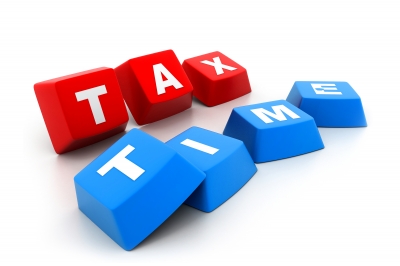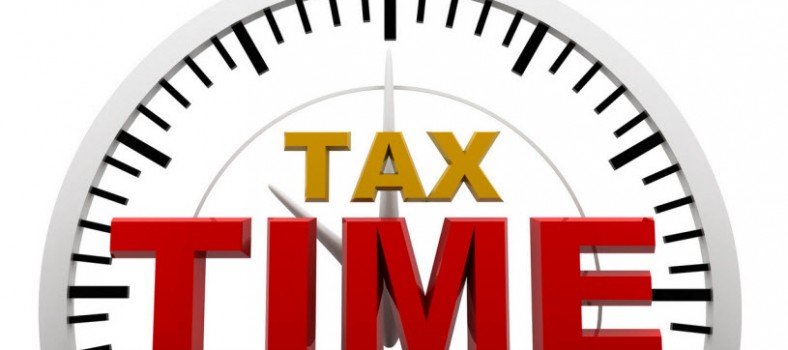Preparing for Your 2014 Tax Return
Ready or not, tax season is here. Although, you have until 31 October 2014 to file your official tax return, now is the time to start gathering all your paperwork together. It is best to get a box or file folder to put all your paperwork in as you receive it.
This will make it easier to file your taxes, whether you do them yourself or have a professional tax preparer do your taxes for you. Below is some important information you need to know before filing your tax return this year.
Do You Have to File Taxes?
Almost everyone in Australia is required to file a tax return at the end of the Australian financial tax year. If you earned money, including payments from Centrelink, from 1 July 2013 to 30 June 2014, then there is a good chance that you are required to file a tax return. This tax return must be filed with the Australian Tax Office (ATO) on, or before, 31 October 2014. You can submit your tax return online, submit a paper tax return through the mail, or have a tax preparer submit your tax return for you.
What Documents Do You Need to Keep?
In order to pay the least amount of taxes possible at the end of the year, it is vital that you have all your paperwork in order. You must keep all your annual Income Statements from your employer and the Centrelink office. You should also keep any year-end statements from your financial institutions, any insurance statements, and proof of all other type of income, such as bonds, dividends, and interest payments.
You also want to keep records of all your expenses that can be used to offset the amount of tax you owe. This includes a receipt of any donations made to a charitable organization, any work related expenses, all self-education expenses, and all out-of-pocket medical expenses. Having these records on hand will help you get the greatest reduction on your tax return.
Reporting all Income
Almost all types of income coming into your household is taxable by the Australian government. This includes all work-related income, pension payments, most Centrelink payments, interest payments, payments on trusts, and any type of capital gains. There are some types of income that the government does not tax, including child support, lottery winnings, small gifts of money, any government matching payments for a special savings account or governmental co-payments made to your superannuation account.
Tax Deductions
There are several types of tax deductions that you can claim to offset the amount of taxes you owe at the end of the year. This includes a portion of any charitable donations, educational expenses, and tax service fees paid during the financial year. It also includes an array of work related expenses, such as dry cleaning expense, cost of purchasing work-related tools and equipment, and home office expense.
For example, if you are required to use your cell phone for work, or you are required to purchase tools for your construction job, you may be able to deduct a portion of these expenses. The ATO has created a series of Occupational Guides to help taxpayers determine what they can and cannot deduct.
Tax Offsets
In addition to tax deductions, you may also qualify for a tax offset to also lower your tax expense. You may be eligible for a tax offset if you are a low-income earner, have a dependent in your home, receive pension payments or are of pension age, or have high out-of-pocket medical expenses. Salary sacrificing through your employer can also help to lower your overall tax bills.
You can choose to complete you tax return on your own by following the instructions provided by the ATO office. However, tax returns have become increasingly more confusing over the years, so it may benefit to use an online tax services or a tax preparer to help you complete your tax returns. This can ensure that you receive the greatest tax savings possible this year, which will reduce the amount of taxes you owe and may even provide you with a tax refund.
Read about other tax saving tips in our tax information section.
Image by Hywards






No Comment